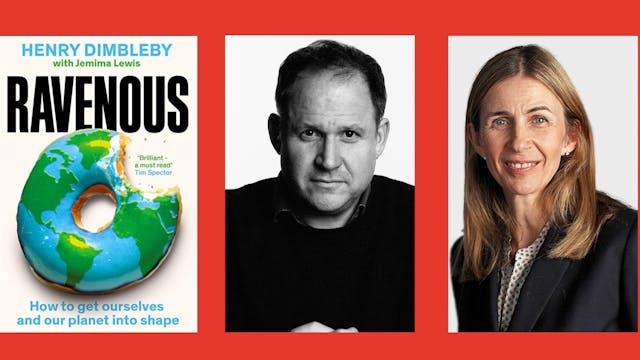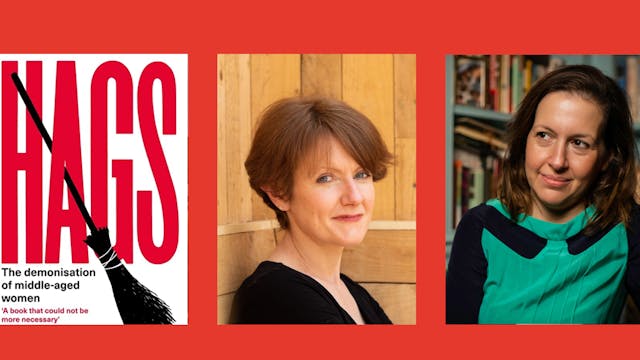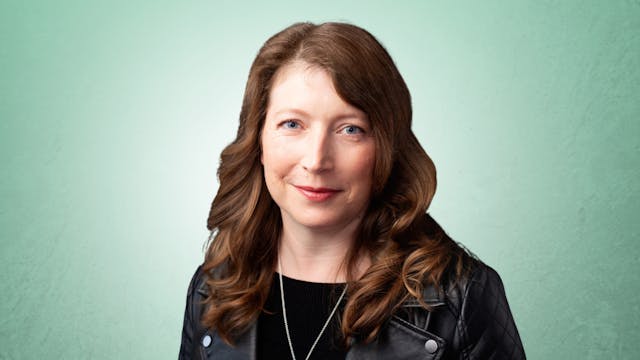The Future of Being Human: Is gene editing the next great health revolution?
2023
•
1h 28m
Ever since the discovery of DNA scientists have been on a quest to understand the secrets of the human genome. This quest has not only involved analysing the role genes play in making us who we are – the history of genetics has also been shaped by a desire to explore how far our genes can be altered or enhanced.
Recent advances in gene editing tools have revolutionised the field – and potentially life as we know it. The discovery in 2012 that a molecule known as CRISPR could be programmed to add and remove elements of DNA marked a huge leap forward, transforming research into treatments for diseases as varied as cancer, Alzheimer’s, sickle cell and HIV, as well as many rare genetic conditions.
But it also unleashed urgent questions for society that science alone cannot answer.
What diseases should we try to cure? How should these be prioritised? What assumptions shape perceptions of disability? Will these treatments be affordable for all? Where does the line between editing and enhancing fall? And ultimately who gets to decide?
These are the questions that were explored in this free event featuring Professor Robin Lovell-Badge, Principal group leader at the Francis Crick Institute and international expert on genome editing; Shani Dhanda, disability activist and multi-award-winning inclusion specialist; Tom Whipple, science editor at The Times; and Jimi Olaghere, who is one of the first people in the world to take part in a life-changing clinical trial using gene therapy to treat sickle cell disease. The event was chaired by medical doctor and broadcaster Guddi Singh.
The event took place in person at the Francis Crick Institute in London and is timed to coincide with the Crick’s current hands-on exhibition Cut and Paste, which explores the ethical questions surrounding genome editing.
Up Next in 2023
-
How The Global Food System Is Killing...
In 1950 less than 1% of British people were obese. Today that figure is 28%. We spend £3.9 billion each year on confectionery compared to £2.4 billion on fruit and vegetables. Diet-related disease is now the biggest cause of preventable illness and death in the developed world.
How did we get t...
-
The Demonisation of Middle-Aged Women...
Why are middle-aged women these days subject to so much rage and hatred? Why are they so often portrayed as entitled, selfish and morally inferior – frequently by people who see themselves as progressive and kind?
As writer Victoria Smith approached middle age, she made her peace with her saggi...
-
In Defence of the Unmodified Body wit...
Our bodies are never good enough. And the social pressures to change them are overwhelming. We strive to defy ageing, build our biceps and conceal our quirks. Surrounded by filtered photos and surgically-enhanced features, we feel we must contort our physical selves to accepted standards of beaut...



